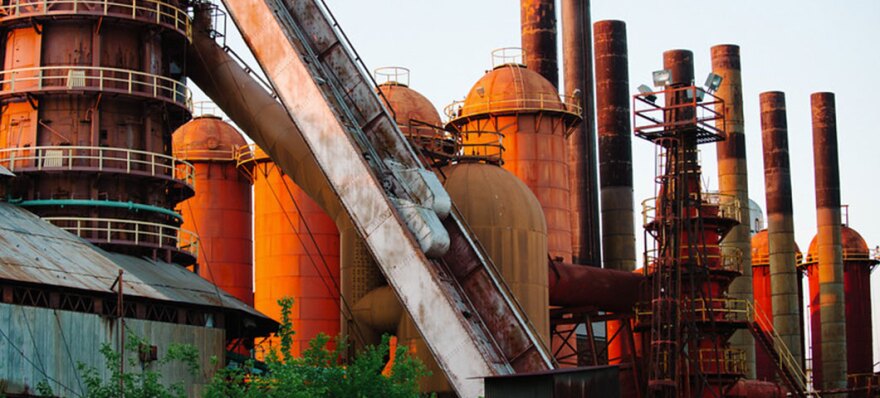Sloss Furnaces Historic Landmark has released a video telling the stories of Black industrial workers in Birmingham and surrounding communities.
The video details the racial segregation and inequalities that Black workers experienced at Sloss, the specific cruelties of the convict-leasing system that was prevalent in the post-Reconstruction South, as well as a first-hand account of growing up in an Alabama company town.
“We worked with a professor at Lawson State Community College, Greg Wilson, and he had done some interviews with some family members of the miners that would work over in near where Lawson State is in the red iron ore mines,” said Ty Malugani, education coordinator for Sloss. “We partnered with him since he had a lot of the mining history, and of course, we had a lot of the furnace history.”
The video is split into two segments, the first narrated by Malugani, the second by Wilson. Malugani describes how prevalent the use of prison labor was among industrial workplaces like Sloss, a practice that is still widespread in the state today.
Wilson’s segment consists of an interview with Ethel Dunagan, often superimposed with historical images of the mineworkers. Dunagan talks about growing up in the company town near the mines where her father worked and the challenges their family faced.
While American unions historically pitted Black and white workers against each other, the development of an industrial economy in states like Alabama eventually facilitated mass action among Black workers, according to Malugani.
“As you start getting towards the civil rights movement, industry is providing workers with the tools needed to run the civil rights movement in the form of the economic protests,” said Malugani. “They would be able to actually have these kinds of impacts on the economy of Birmingham.”
Malugani says that industrial companies unintentionally created a contradiction that stuck in the minds of workers when they simultaneously encouraged people to work with them by advertising competitive benefits, while at the same time exerting control over their workers.
The video can be found here, along with much more information about the historical foundry itself.


